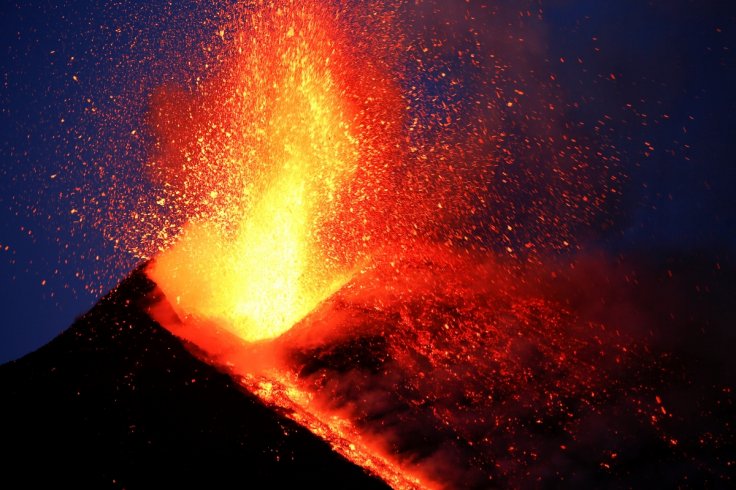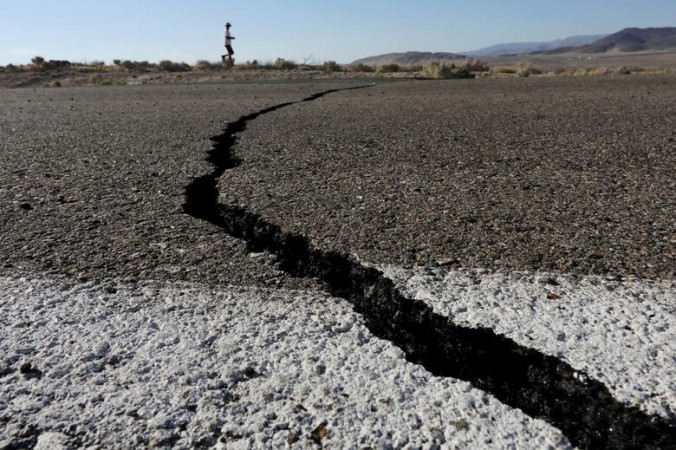Scientists studying the Mount Etna volcano in Italy warned that changes in Earth's rotation can cause more volcanic eruptions and earthquakes. According to scientists, certain forces on Earth can drastically affect the planet's spin.
The study conducted by the researchers was published in the Geophysical Research Letters. They noted that changes in the climate and melting polar ice sheets are some of the main factors that can affect Earth's rotation.

Earth's Misaligned Rotational Axis
When viewed from space, Earth's geographic poles spin like a top around the planet's rotational axis. As a result, Earth's rotation does not always line up perfectly with the spin of its north and south poles. According to the scientists, the rotation of these two factors line up every 6.4 years. Although Earth's wobble decreases during this time, it will eventually become misaligned again.
Dubbed as polar motion, the scientists explained that this natural phenomenon is caused by various forces such the changes in the climate due to the varying seasons. It can also be affected by the movement of tectonic plates and melting ice sheets. These factors can pull the planet away from the Sun's gravitational pull, which can cause Earth's crust to deform.

Increase In Seismic And Volcanic Activities
The scientists noted that the deformations in Earth's crust could trigger geographic activities such as increased seismic movement and volcanic eruptions. In their study, the scientists revealed that during the time when Earth's rotation was farthest from its axis, more prominent seismic activity and magma bursts were recorded near Mount Etna.
Although the scientists found a correlation between Earth's spin and increased volcanic and seismic activities, they said they cannot predict exactly when these natural events will occur based on their findings. Despite this, they pointed out that their study provides the first evidence of the relationship between these factors.
"It's the first time we've found this relationship in this direction from Earth's rotation to volcanoes," lead author Sebastien Lambert of the Paris Observatory in France said in a statement. It's a small excitation process, but if you accumulate a small excitation over a long time it can lead to measurable consequences."









